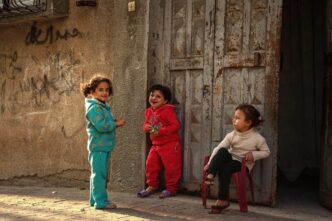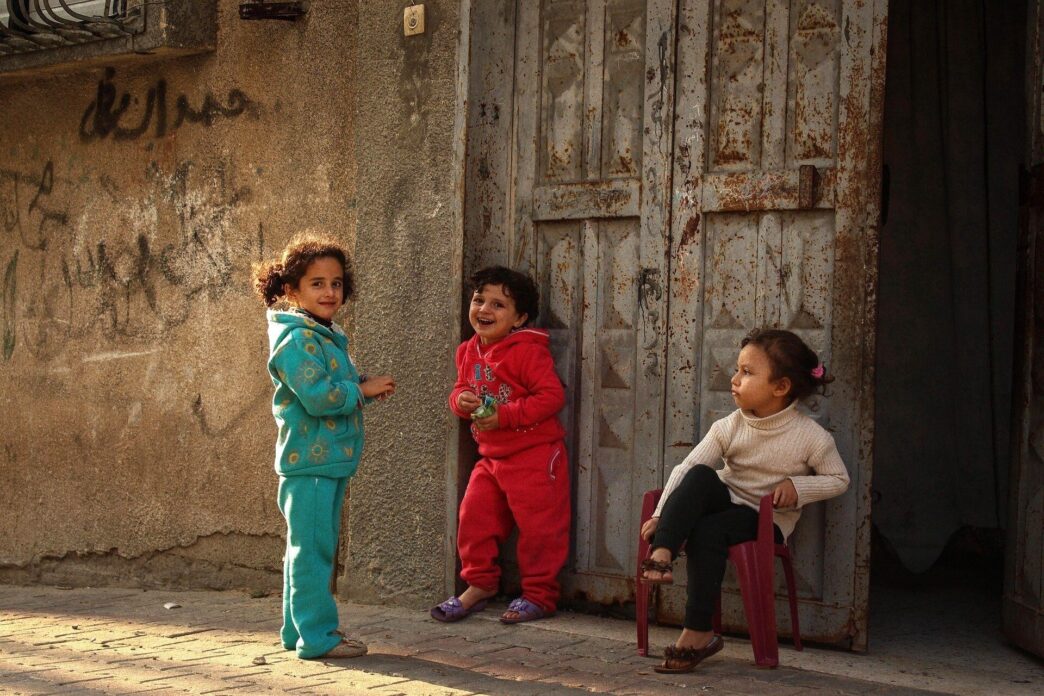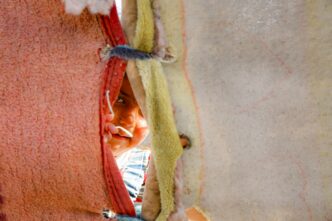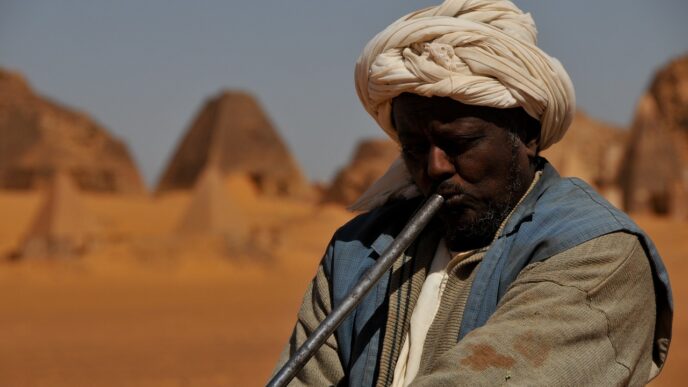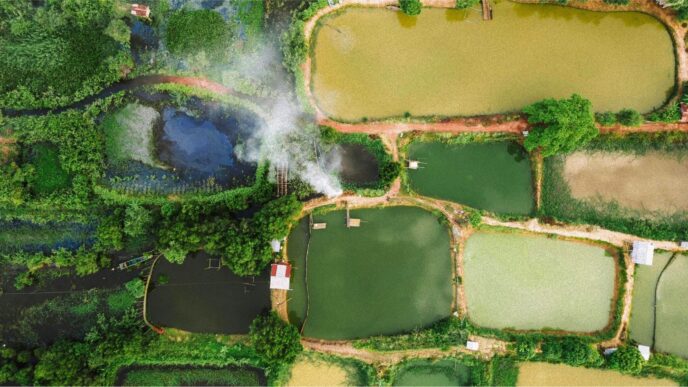In the early hours of March 18, 2025, Israeli airstrikes shattered a fragile ceasefire in Gaza, resulting in over 400 Palestinian deaths, predominantly women and children. This tragic escalation underscores the profound and devastating impact of the ongoing conflict on Gaza’s youngest and most vulnerable residents.
The Human Toll: Lives Lost and Futures Foregone
Innocence Interrupted
The recent airstrikes have claimed the lives of at least 174 children, according to the Palestinian Ministry of Health. These are not just numbers but represent individual stories of dreams unfulfilled and potentials unrealized.
- Layan and Omer: Siblings who were among those killed in the recent attacks, leaving their family in profound grief.
- Dr. Majida Abu Aker: A dedicated physician who lost her life, symbolizing the loss of those who serve the community.
These personal tragedies highlight the immense human cost of the conflict, particularly among children.
War Crimes Against Children: Violations of International Law
Targeting the Defenseless
International humanitarian law, including the Geneva Conventions, explicitly protects civilians, especially children, during conflicts. However, reports indicate severe breaches:
- Attacks on Civilian Structures: Israeli airstrikes have reportedly targeted civilian areas, resulting in significant casualties among women and children.
- Healthcare Under Siege: Hospitals in Gaza are overwhelmed, struggling to treat the influx of casualties amid shortages of essential supplies.
These actions, documented by reputable organizations, highlight severe breaches of international law and underscore the urgent need for accountability.
The Erasure of an Entire Generation
Beyond Death: The Permanent Scars of War
The devastation extends beyond the immediate loss of life, affecting the physical and mental well-being of surviving children:
- Psychological Trauma: Children in Gaza are experiencing profound psychological distress, including post-traumatic stress disorder (PTSD), severe anxiety, and night terrors.
- Educational Disruption: The destruction of educational facilities has severely hindered access to education, jeopardizing the future prospects of Gaza’s youth.
- Health Crisis: The blockade on essential supplies has led to widespread malnutrition and the spread of preventable diseases among children.
These conditions not only threaten the immediate survival of Gaza’s children but also impair their long-term development and the overall future of the region.
Media Bias and the Silence of the International Community
Disparities in Media Coverage
The portrayal of the conflict in mainstream media significantly influences public perception and international response:
- Underreporting of Palestinian Casualties: The deaths of Palestinian children often receive limited coverage, leading to a lack of global awareness and urgency.
- Narrative Framing: Media outlets frequently adopt language that obscures the severity of the situation, using terms like “clashes” instead of acknowledging the disproportionate impact on civilians.
This biased reporting contributes to the marginalization of Palestinian suffering and hinders efforts to mobilize effective international intervention.
Inaction of the International Community
Despite clear evidence of humanitarian violations, the global response has been largely inadequate:
- Political Paralysis: International bodies, such as the UN Security Council, have struggled to take decisive action due to political divisions and veto powers.
- Selective Accountability: There is a noticeable inconsistency in holding parties accountable for violations, often influenced by geopolitical alliances.
This inaction perpetuates a cycle of violence and undermines the principles of international law designed to protect vulnerable populations.
A Call to Action: What Can Be Done?
To address this humanitarian crisis and protect the rights and lives of Gaza’s children, several measures must be undertaken:
1. Demand Political Accountability
- International Pressure: Governments and international organizations must exert pressure to enforce compliance with international humanitarian laws.
- Legal Action: Support investigations and prosecutions of alleged war crimes to ensure justice for the victims.
2. Support Humanitarian Efforts
- Aid Organizations: Contribute to reputable NGOs providing essential services, including medical care, food, and psychological support.
- Reconstruction Initiatives: Assist in rebuilding infrastructure, particularly schools and hospitals, to restore a sense of normalcy for children.
3. Advocate for Unbiased Media Coverage
- Support Independent Journalism: Encourage and fund independent media outlets that provide balanced reporting on the conflict.
- Public Awareness Campaigns: Engage in initiatives that highlight the plight of Gaza’s children to foster global empathy and action.
The Future They Deserve
The ongoing conflict in Gaza has inflicted unimaginable suffering on its children, threatening to erase an entire generation’s potential. It is imperative for the international community to recognise the urgency of this crisis and take concrete steps to protect and nurture the future of Gaza’s children. Their lives and the hope for peace in the region depend on our collective action now.

